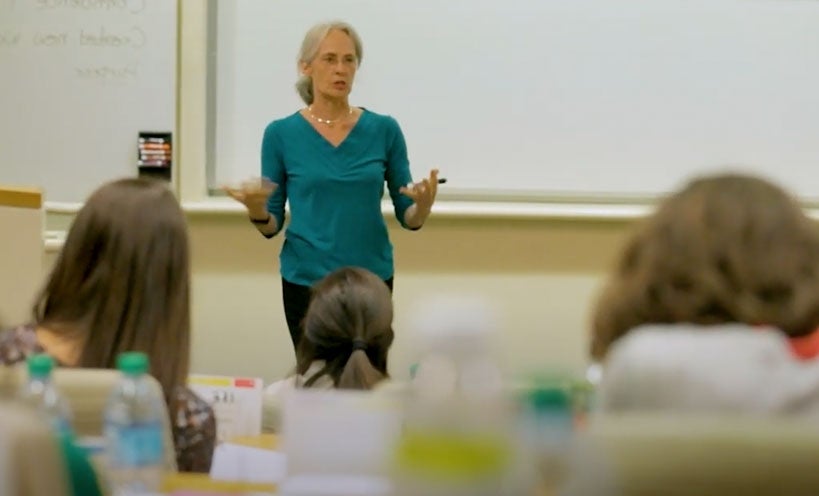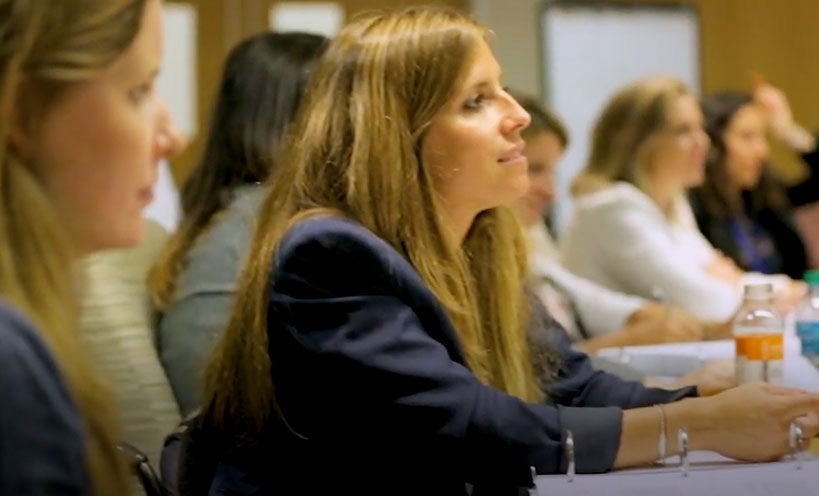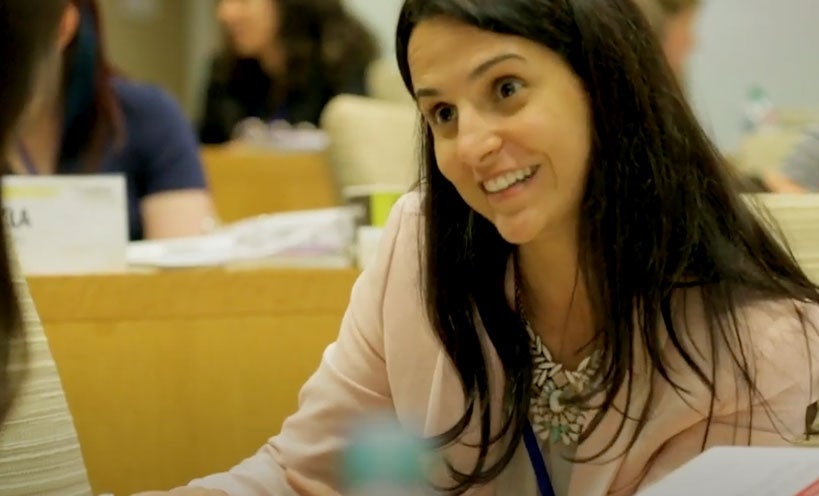Women’s Leadership Institute

Fall 2024 Program
September 26 - December 5, 2024
Location: live online - delivered in 6 bi-weekly sessions with a time commitment of 4-5 hours per session
Program Fee: $5,250
Faculty director Dr. Martha Miller and UCLA Anderson Women’s Leadership Institute alums discuss the experience and impact of the program
Program Overview
The program is offered live online in 6 bi-weekly sessions and employs the three-phase ACT learning model.
The UCLA Anderson Women’s Leadership Institute is designed for mid- to senior-level leaders, typically with five or more years of experience managing people and/or projects in a corporate, public-sector, entrepreneurial, or nonprofit environment. All leaders who wish to better understand women’s leadership challenges, or who are responsible for the career development of others are encouraged to attend.
The UCLA Women’s Leadership Institute offers a live online immersion in releasing your leadership potential. The fee of $5,250 includes: professionally led group coaching circles, an Action Journal and other educational materials needed to complete the program.



